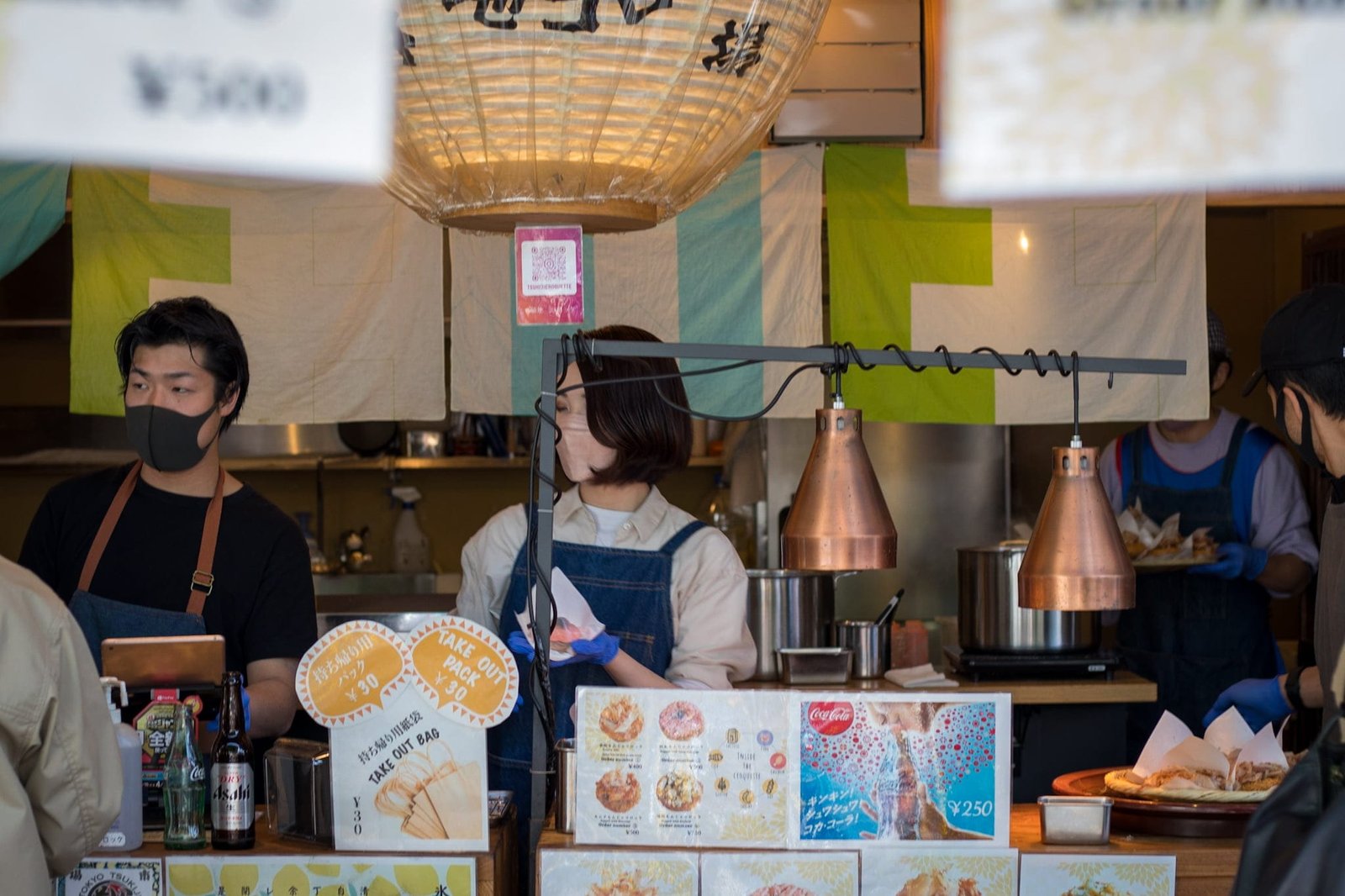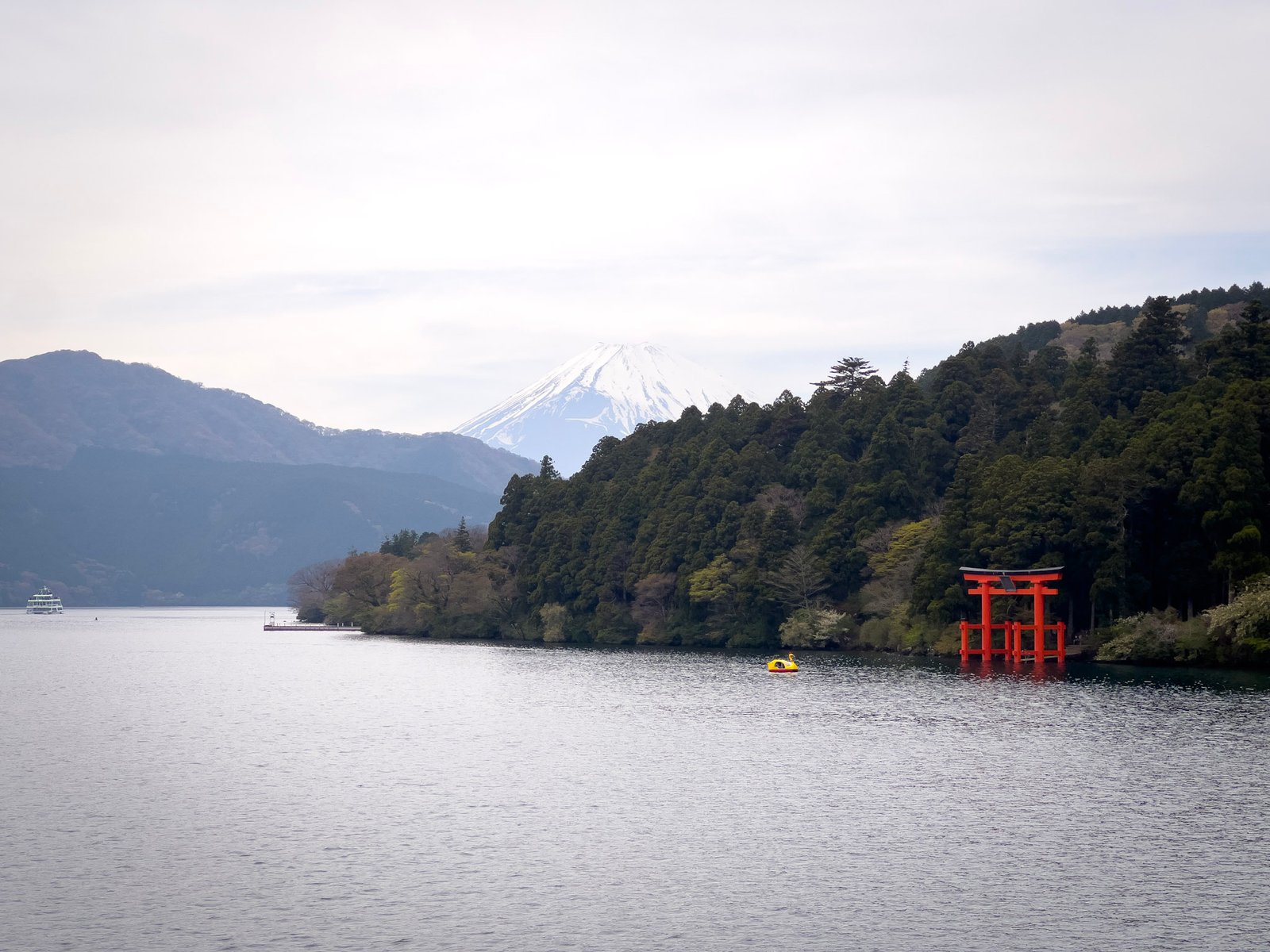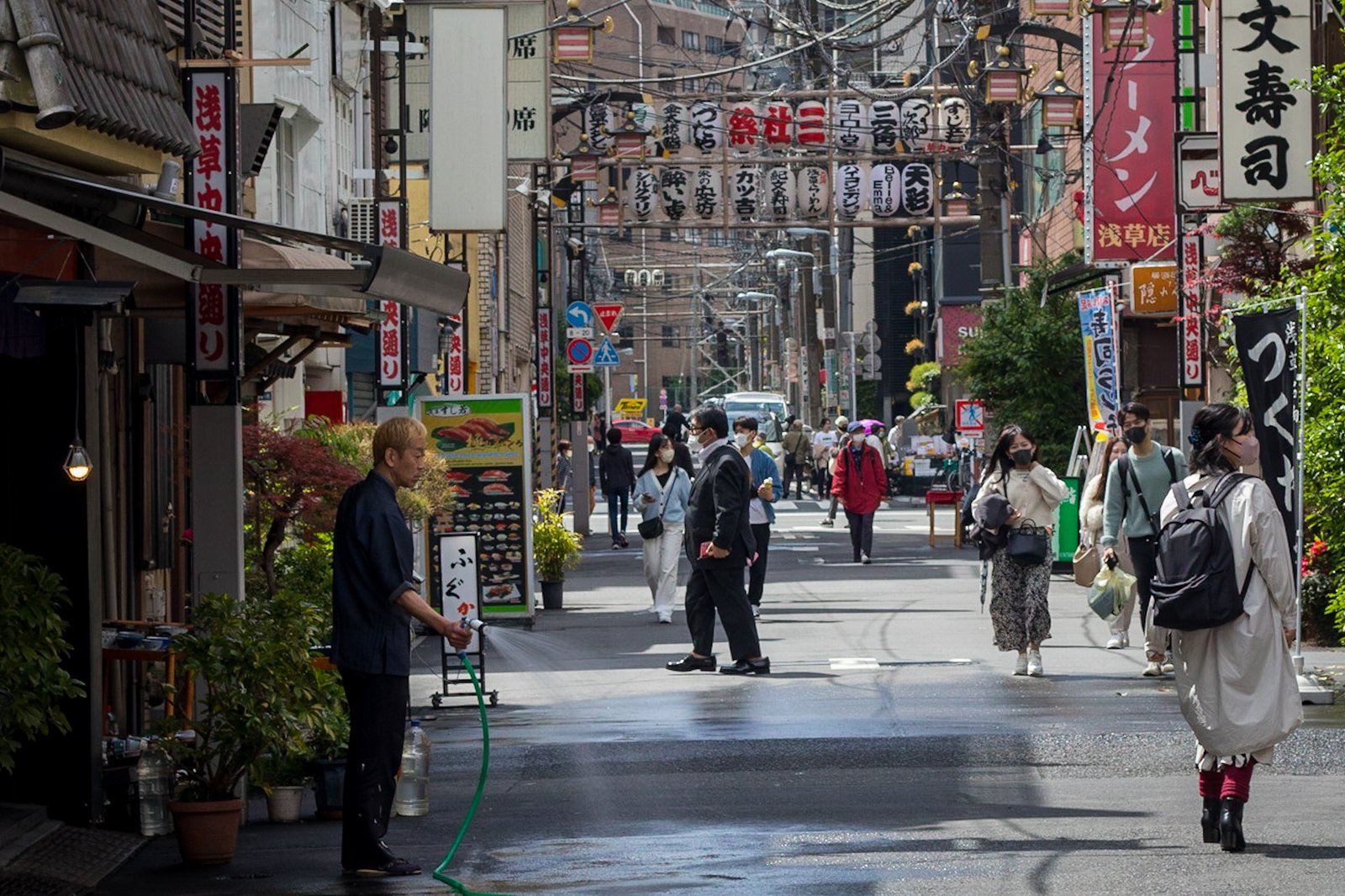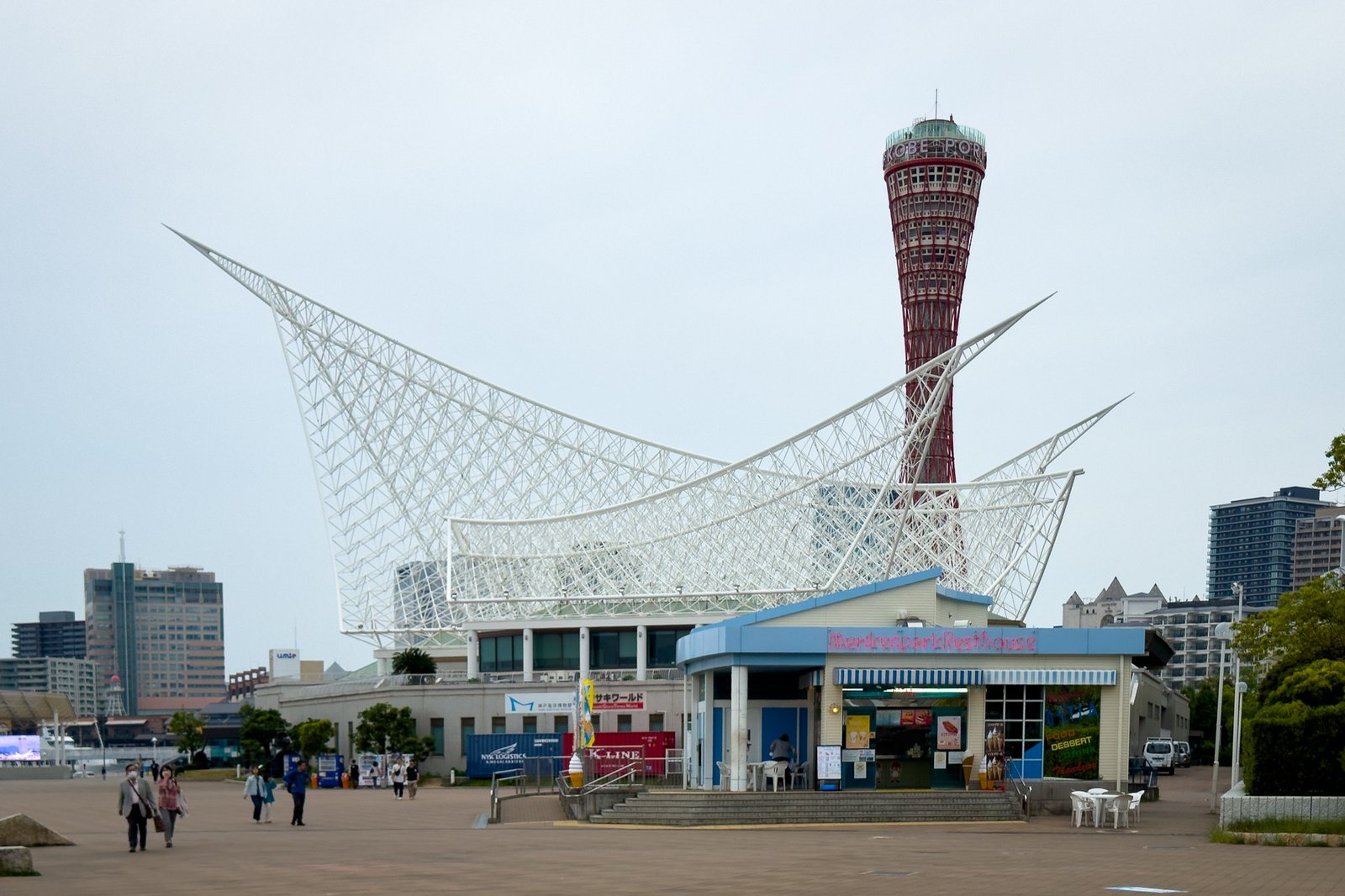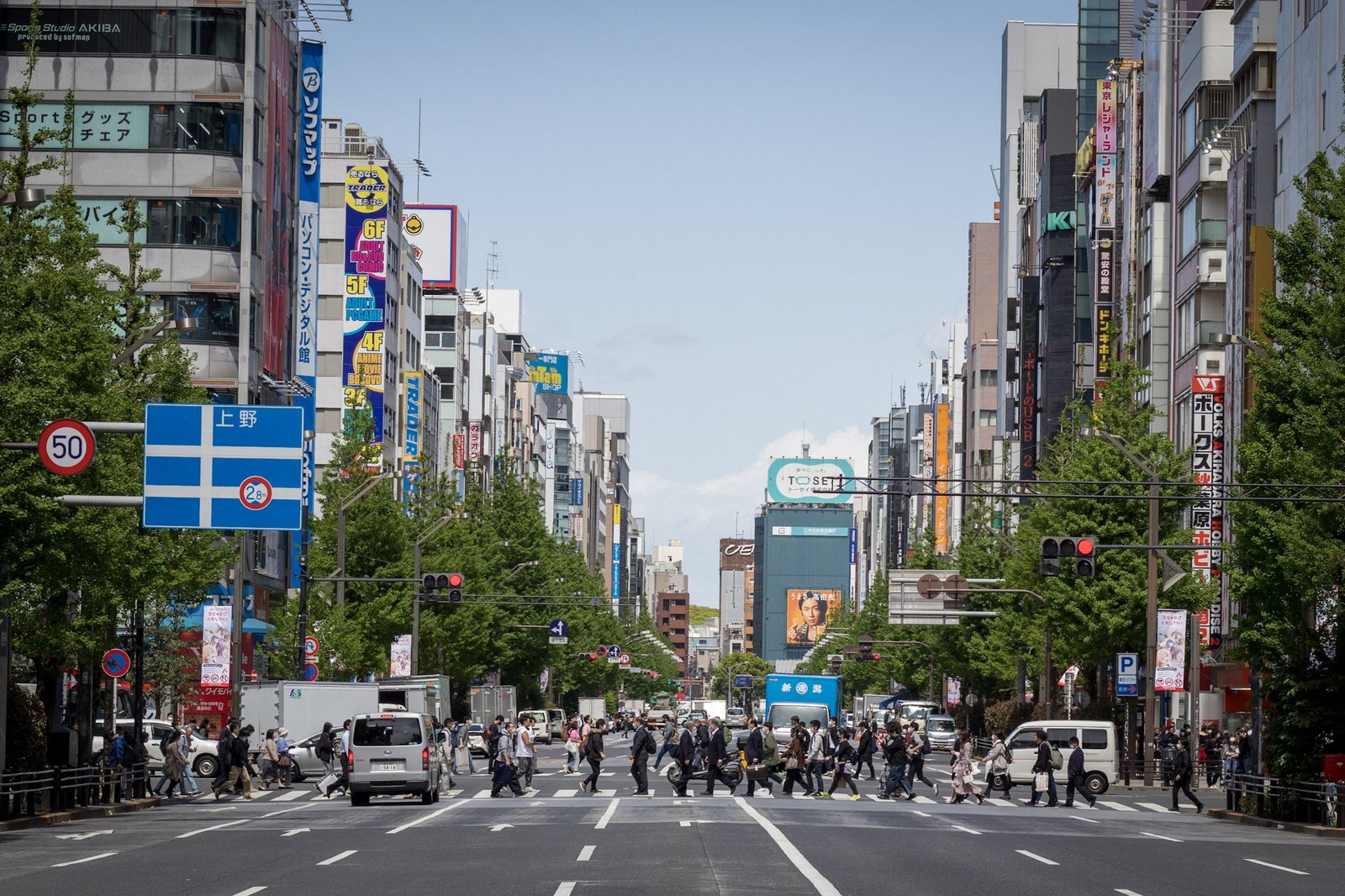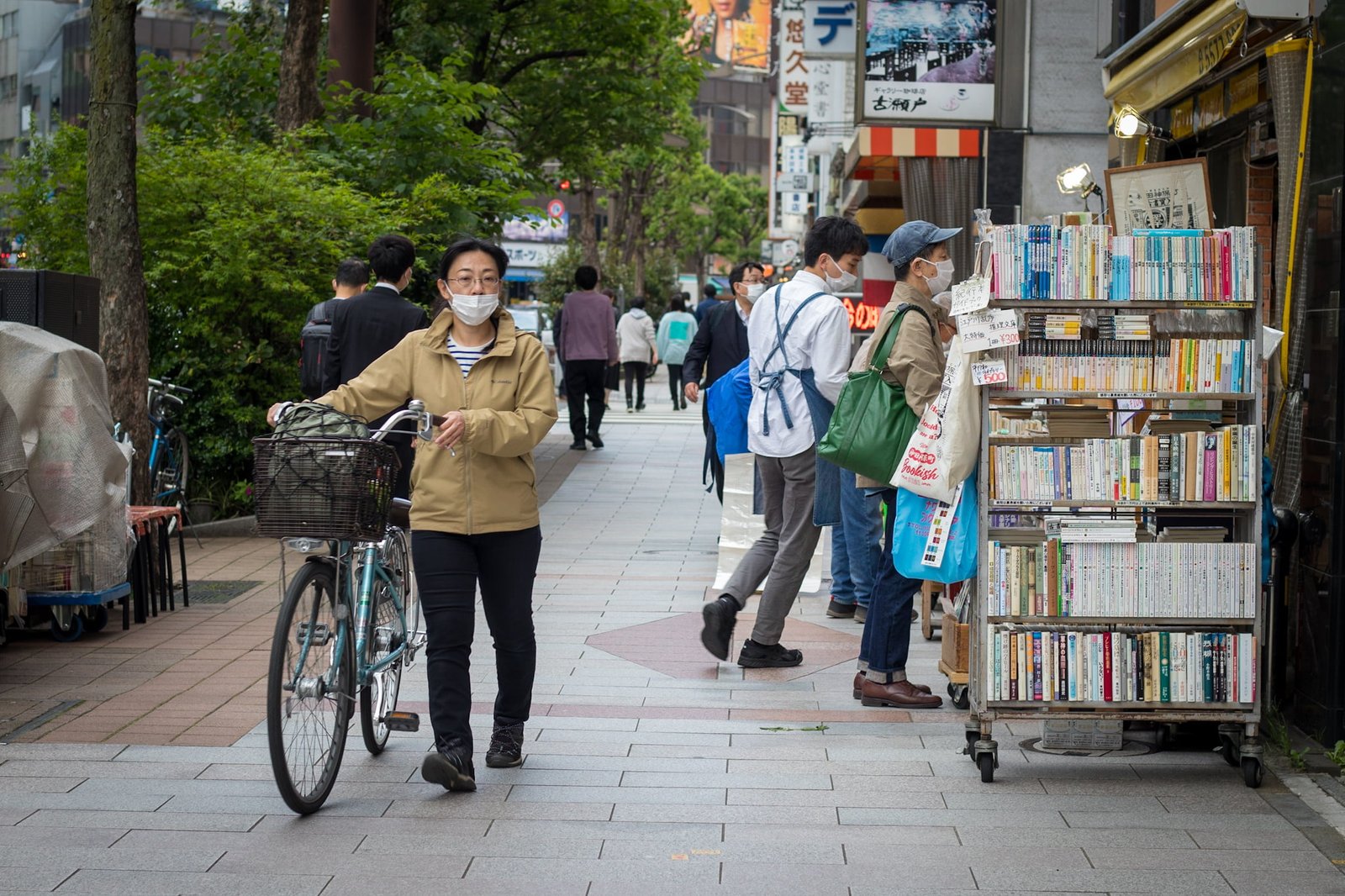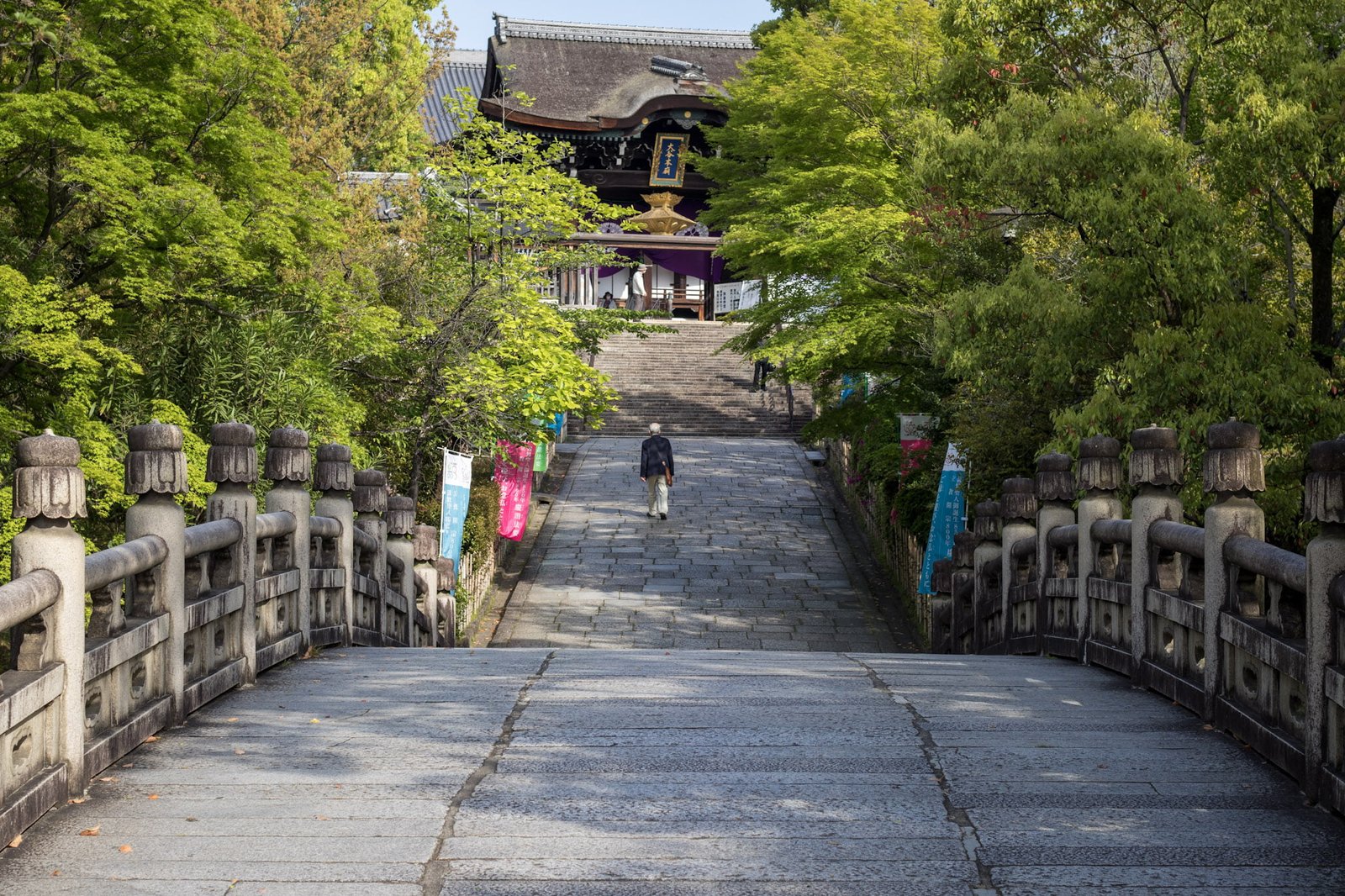If you’ve ever imagined learning how to make authentic sushi or ramen in Japan, a Japanese cooking class is the perfect opportunity to dive into the country’s culture. It’s more than just learning recipes; it’s a chance to understand the history, traditions, and influences that have shaped Japanese cuisine. And, of course, tasting what you’ve cooked at the end is an irresistible bonus for anyone who loves food and exploring new flavors.
According to reports from Hilton, Viator, and ABTA, gastronomic experiences, such as cooking classes, are becoming increasingly popular among travelers. Our research on travel trends for 2025 highlights that tourists are planning their trips based on experiences, including culinary activities like making sushi or ramen. Additionally, Viator confirms that hands-on experiences, such as cooking classes, are seeing a significant rise in demand, reflecting the growing desire for travelers to experience local culture in an authentic and flavorful way.
Come with us to discover more about which Japanese cooking class is best for you!
Table of Contents
Why Take a Japanese Cooking Class?
Cooking classes are not just an opportunity to learn how to make delicious dishes; they offer a unique perspective on the place you’re visiting. We’ve participated in classes in Delhi, India, Barcelona, Spain, and Lisbon, Portugal, and each of them was a window into the region’s culture. In Japan, the connection between food and tradition runs even deeper, and each dish tells a story. For us, Japan is very special, and its cuisine is one of the reasons. On the several occasions we’ve traveled there, we’ve had the chance to try truly delicious and unique delicacies.
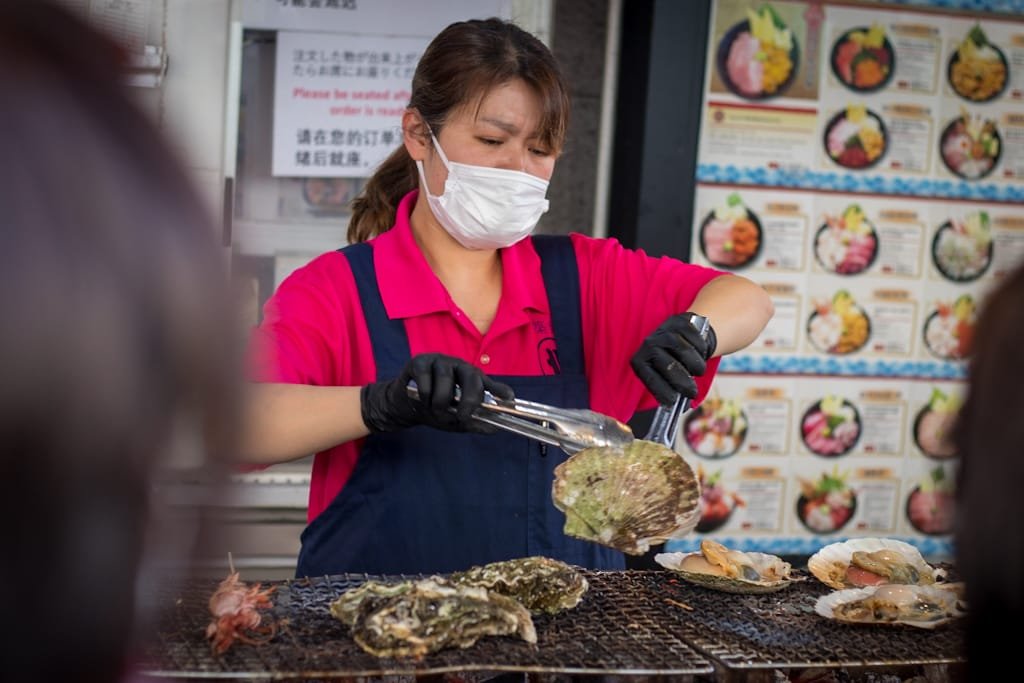
Imagine learning how to make ramen, for example. The dish reflects Chinese influences but has been adapted to become a symbol of Japanese cuisine. Or try preparing sushi with perfectly seasoned rice and fresh fish, learning techniques passed down through generations. These classes not only teach you culinary techniques but also connect you with the spirit of Japanese hospitality, known as omotenashi.
What Can You Expect in a Japanese Cooking Class?
A cooking class in Japan is a hands-on, interactive experience. You’ll get your hands dirty—literally—as you learn to make iconic dishes like sushi, ramen, gyoza, or even traditional desserts like dorayaki. The class structure usually includes an introduction to the ingredients and their importance, a practical session, and finally, the most anticipated moment: tasting what you’ve cooked.
Additionally, many classes offer insights into the history of the dishes, their cultural significance, and even tips for recreating the recipes at home. It’s the perfect balance of fun, learning, and, of course, delicious food.
The Best Japanese Cooking Classes You Can’t Miss

Popular Sushi Making Class

Sushi Making Class in a Happi Coat near Tokyo Tower

Ramen and Gyoza Cooking Class in Dotonbori
Why Taking a Cooking Class in Japan is Amazing?


Taking a cooking class in Japan is much more than just learning how to prepare delicious dishes. It’s an opportunity to dive deep into Japanese culture in a hands-on and engaging way. Here are some benefits that make this experience so special:
- Learn authentic techniques: You’ll master skills like seasoning sushi rice, making dashi broth, or preparing the perfect gyoza dough. These are skills you can carry with you for life.
- Connect with local history: Every Japanese dish has cultural significance, historical influences, and even regional differences. You’ll understand how food is deeply intertwined with Japan’s traditions.
- Experience Japanese hospitality: Japan is known for its omotenashi, warm and thoughtful hospitality. You’ll feel welcome from the moment you enter the class to the last bite of what you’ve prepared.
If you love eating and are curious about new cultures, this is a must-do experience on your trip.
How to Choose the Perfect Class for You?


With so many options available, choosing the right cooking class can seem like a challenge. Here are some tips to help you make the best decision:
- Language: Make sure the class is offered in a language you understand. Many classes in Japan are taught in English or offer translation services.
- Type of dishes: Decide which type of dishes you want to learn. Sushi, ramen, tempura, or even Japanese desserts? Choose something you love and would want to recreate at home.
- Skill level: There are classes for all levels, from beginners to more experienced enthusiasts. You don’t have to be a chef to participate!
- Reviews: Check reviews from other participants on platforms like TripAdvisor or Klook. Honest feedback can help you find the best experiences.
With these tips, you’ll ensure a memorable experience that matches your interests and expectations.
Testimonials from Those Who Have Participated


Anyone who has taken a cooking class in Japan knows how transformative it can be. Here are some stories from people who shared their experiences:
- Bogdan (United States): Praised Momo for being funny and recommended the morning session for a more intimate experience. Surprised by their ability to perform the tasks in the class.
- Riccardelli (United States): Highlighted the warmth, patience, and expertise of the staff, making even beginners feel at ease. Appreciated the cultural insights and the friendly atmosphere, with the sushi being delicious.
These testimonials show how a simple cooking class can turn into an unforgettable moment.
How Much Will You Spend on a Japanese Cooking Class in Japan?
The price of a Japanese cooking class in Japan can vary greatly depending on the duration, the types of dishes you will learn, and even the location. However, there are options for every budget:
- Basic classes: If you’re looking for something affordable, you can find experiences for less than 50€. These classes usually cover simple dishes, like sushi or ramen, but they are still very thorough and interactive.
- Premium experiences: If you’re looking for something more exclusive, like private lessons, classes with a Michelin-starred chef, or more elaborate dishes, prices can be around 150€. These experiences often include extras, like a local market tour or an in-depth introduction to Japanese culinary history.
Regardless of the price, what you’re paying for is not just the class, but the ingredients, a meal, and the opportunity to dive into Japanese culture in a practical and meaningful way.
How to Book Your Cooking Class in Japan
Booking a cooking class in Japan is a simple and straightforward process, especially if you use specialized platforms. Here are some tips to secure your spot:
- Use trusted platforms: Websites like GetYourGuide offer a wide range of options. On these platforms, you can see detailed descriptions, photos, and reviews from other participants. Our choice is GetYourGuide, which has the best variety of cooking class types in Japan and all the details about each experience.
- Book in advance: Demand for cooking classes can be high, especially in popular cities like Tokyo, Kyoto, and Osaka. Make sure to book your spot before your trip to avoid missing out.
- Read the details carefully: Make sure the class offers what you’re looking for. Check details such as location, duration, dishes taught, and the language the class will be conducted in.
By following these tips, you will find the ideal class to make your trip to Japan even more special.
What to Bring to Your Cooking Class?


Most cooking classes in Japan provide all necessary materials, including ingredients, utensils, and even aprons. However, here are some tips to prepare:
- Come ready to learn: More than any equipment, bring curiosity and a willingness to learn. You’ll feel more confident and make the most of each moment.
- Comfortable clothing: Since you’ll be spending time cooking, opt for practical and comfortable clothes. Closed-toe shoes are also recommended.
- Notebook or smartphone: If you’d like to jot down tips or take photos of the steps, bring something to record that information.
With these small preparations, you’ll be ready to make the most of your class.
You’ll Learn More Than Just Cooking
A cooking class in Japan is more than just cooking. It’s a complete experience that connects you with the essence of Japanese culture. During the class, you will learn:
- Japanese table etiquette: Discover the traditional way to serve, eat, and even how to hold chopsticks correctly. These small details reflect the respect and order highly valued in Japanese culture.
- The history of ingredients: From rice, which is the base of many dishes, to miso used in soups, you’ll understand how each ingredient plays an important role in Japanese cuisine and daily life.
- The cultural meaning of dishes: Dishes like sushi and ramen are not just food, but part of Japan’s identity. You’ll understand how the cuisine reflects regional and historical influences.
This cultural immersion makes each class an experience that offers more than recipes: it offers a deep connection with Japan.
Frequently Asked Questions About Japanese Cooking Classes in Japan
Here are some of the most common questions from those considering a cooking class in Japan:
Do I need cooking experience?
No! Most classes are designed for beginners and tourists. You’ll receive step-by-step guidance.
Are the classes in English?
Many classes are taught in English, especially in cities like Tokyo and Kyoto. However, always check before booking.
Can I bring children?
Yes! Some classes are specifically designed for families, making them a perfect activity for everyone.
How long does a class last?
Classes usually last 2 to 3 hours, but there are shorter or longer options depending on the format.
Can I take what I cooked home?
In many cases, yes! If you can’t eat everything right away, you can take it home for later.
Taking a cooking class in Japan is an experience that combines learning, fun, and cultural connection. You’ll go home with new skills, stories to tell, and unforgettable memories – as well as a new respect for Japanese cuisine.
It doesn’t matter if you choose to prepare sushi, ramen, or another traditional dish; a cooking class is a delicious way to discover Japan in an authentic and hands-on way. Secure your spot and enjoy this unique culinary adventure!


